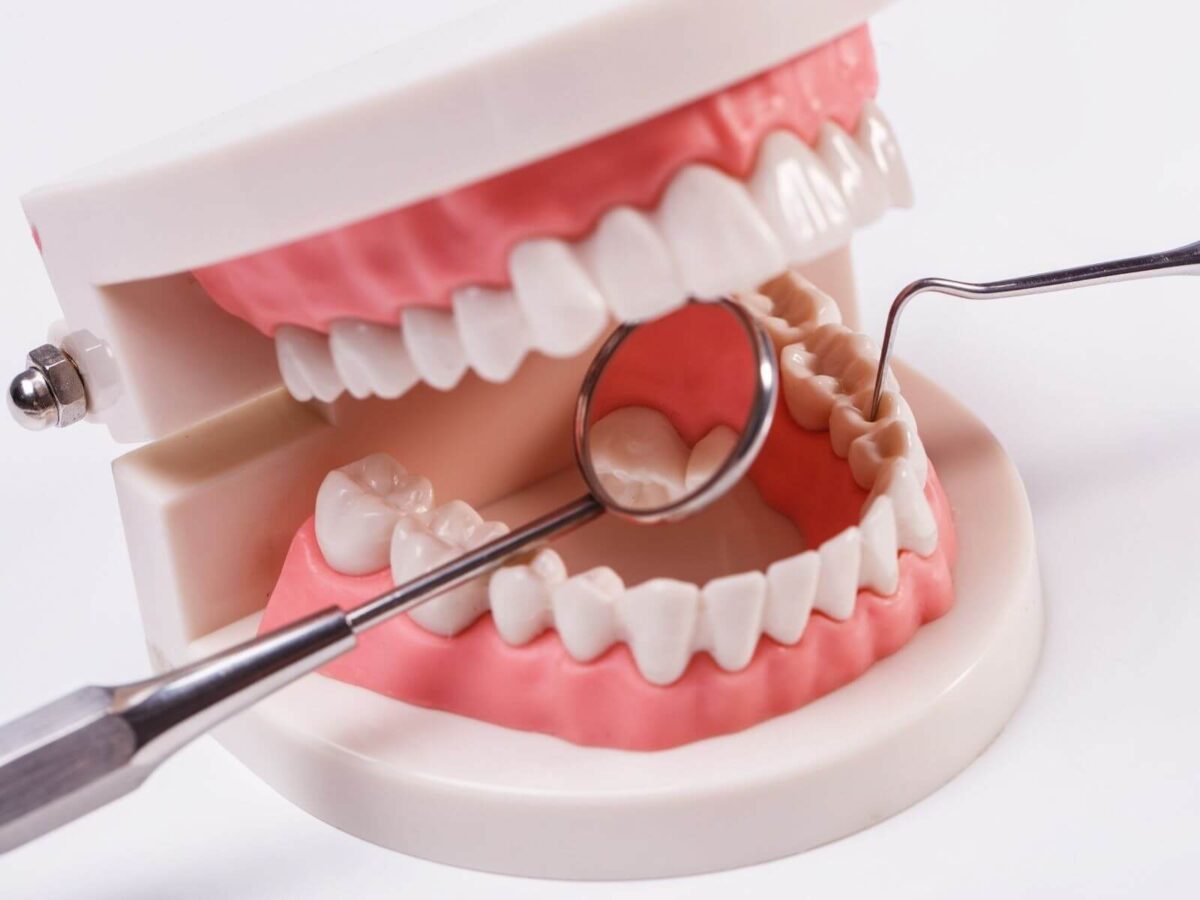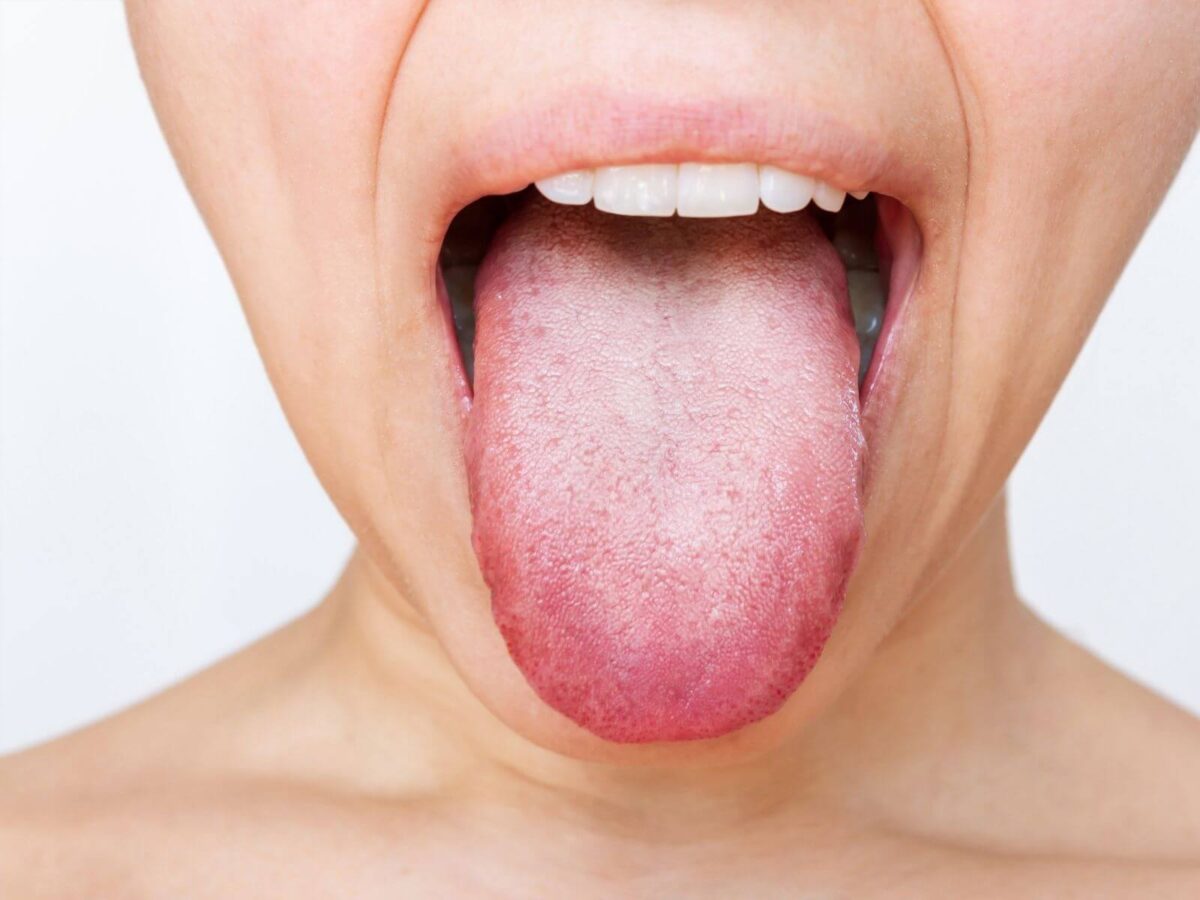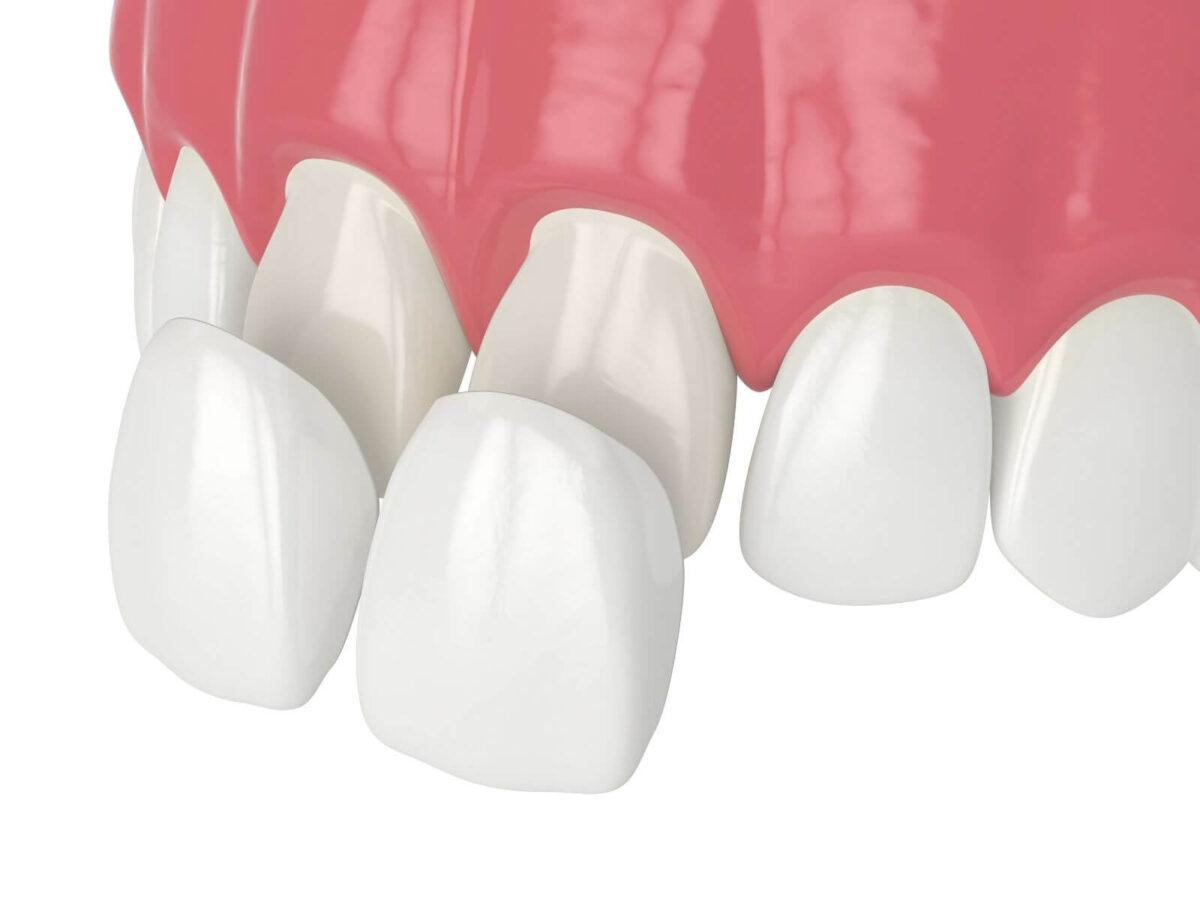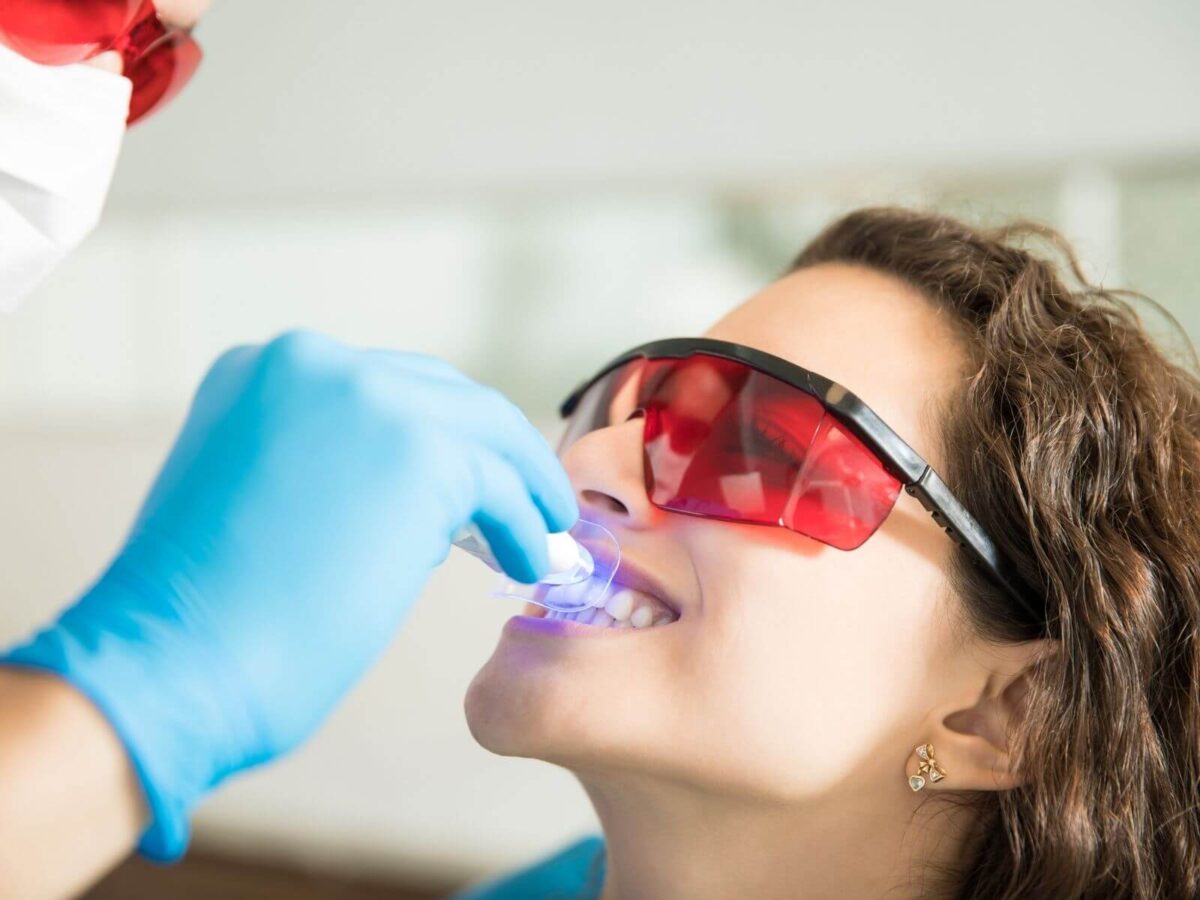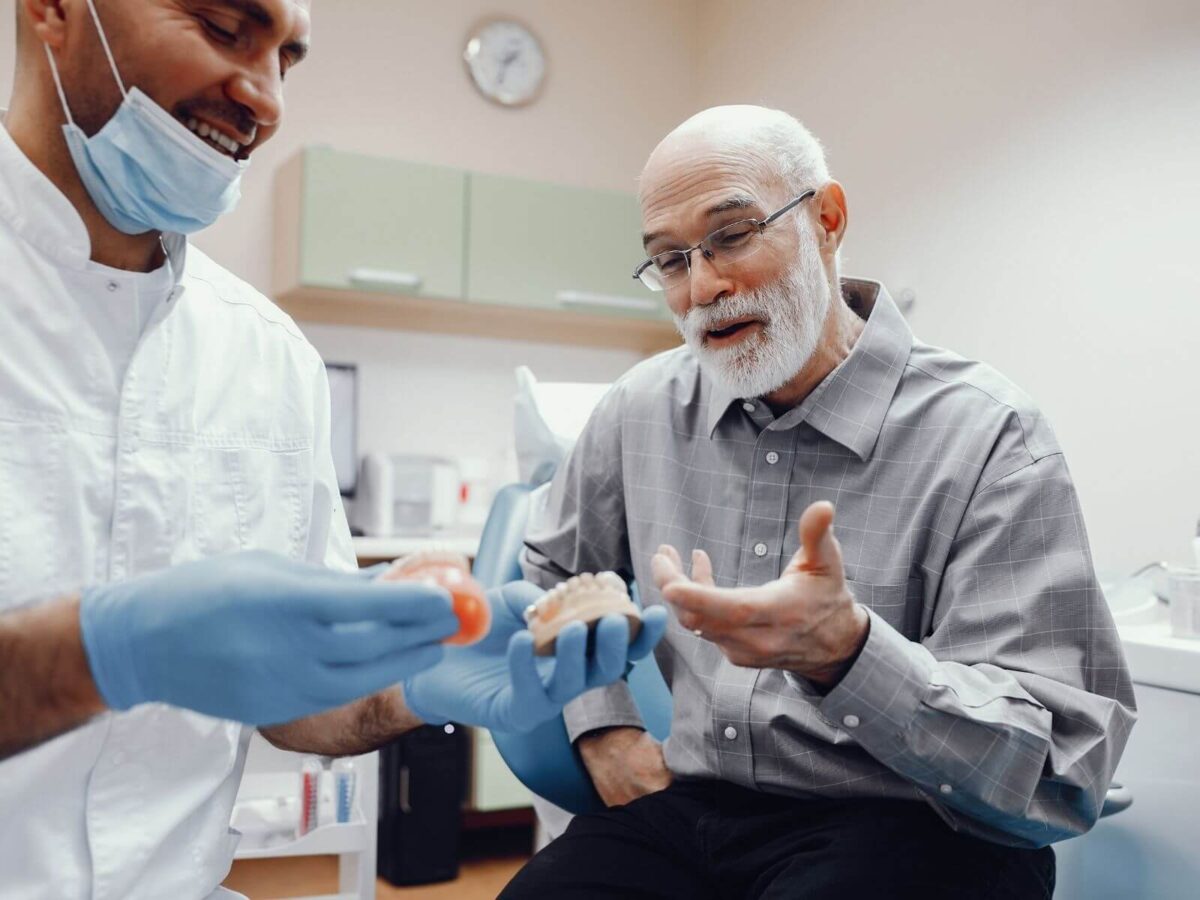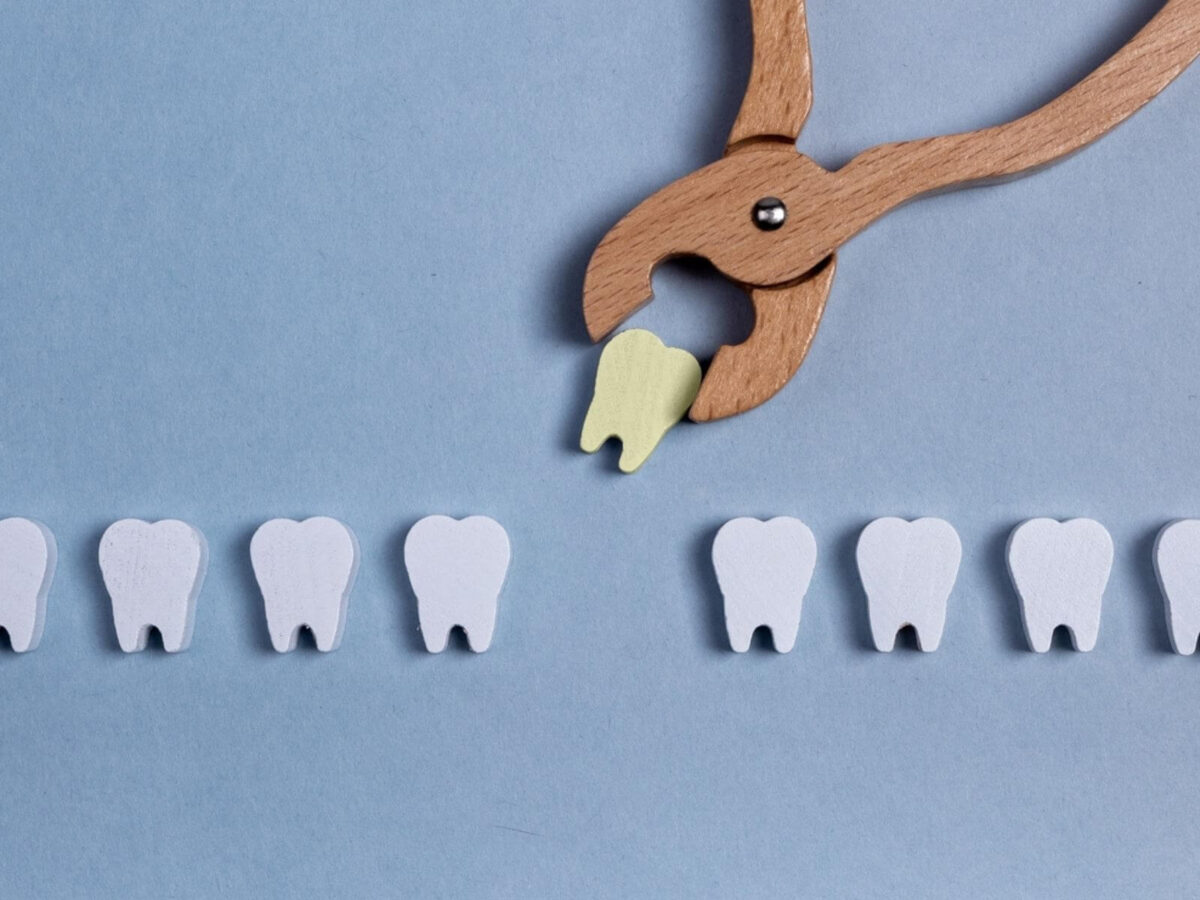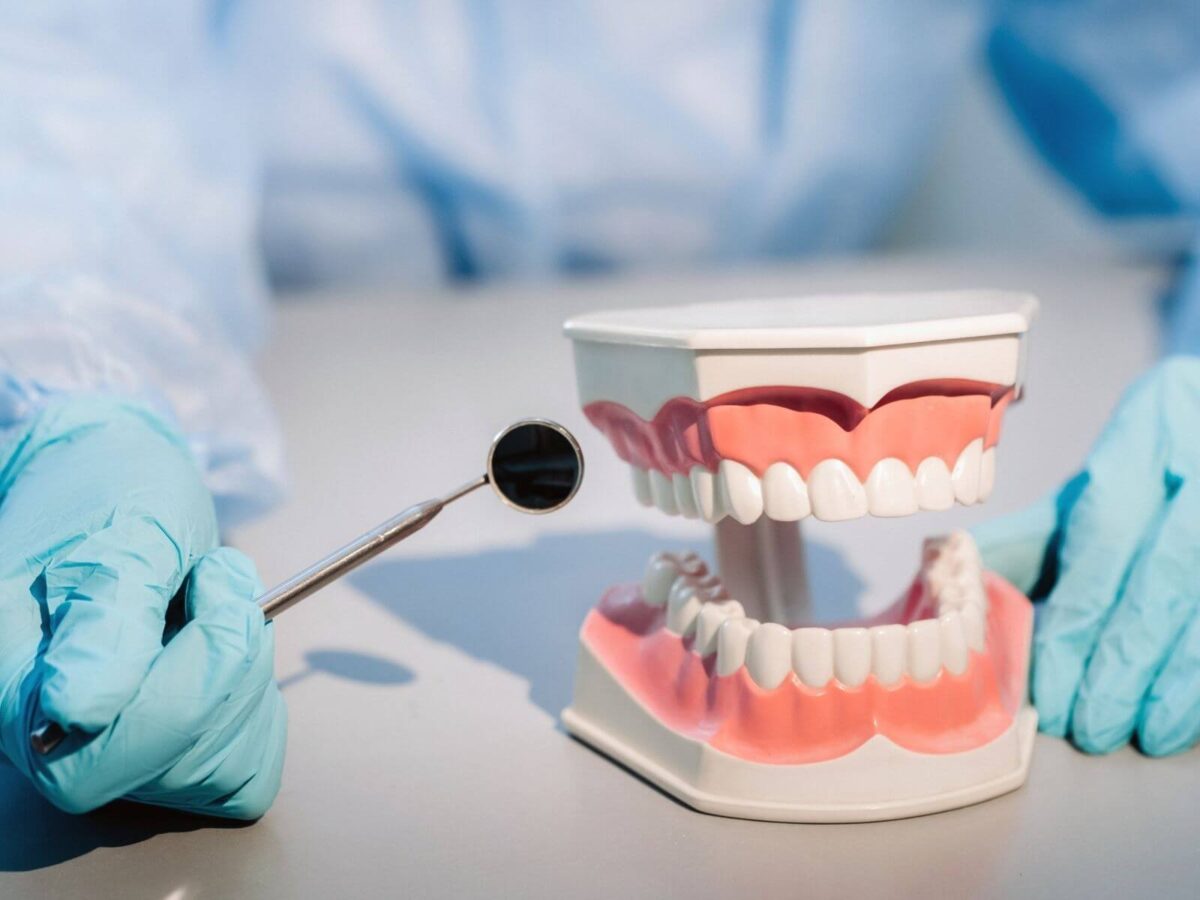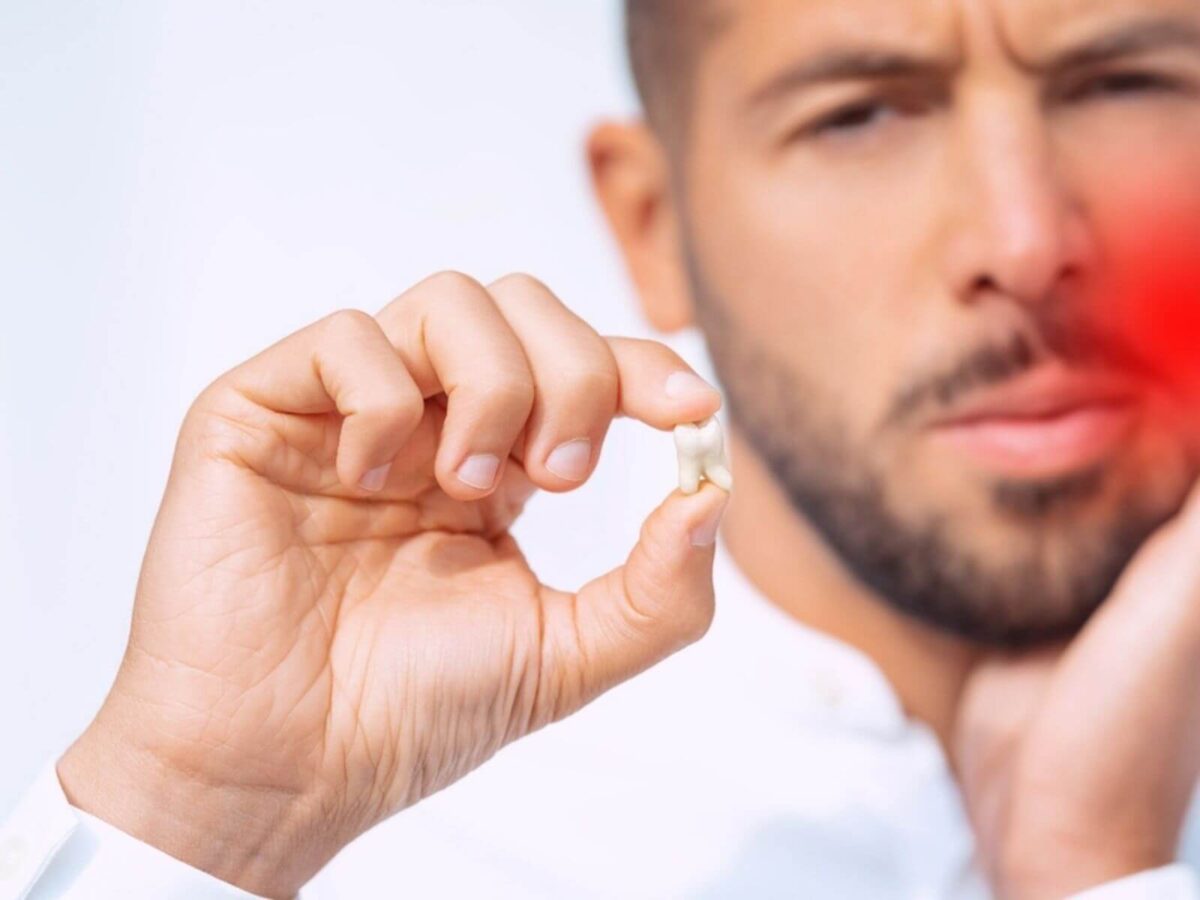“Hey there!” Let’s discuss something quite vital for everyone of us: our oral condition! Although everyone knows that consistent brushing and flossing are vital, have you ever considered if there is anything else you may do to keep your teeth and gums healthy?
Natural supplements help with this. But given our dental oral care, how crucial are they really? Let’s investigate with Winnie Dentist TX how natural supplements might enhance conventional oral hygiene routines and help with dental treatment.
The Role of Natural Supplements in Oral Health
Essential vitamins and minerals found in natural supplements help to strengthen teeth and gums. Natural oral health supplements also prevent common dental issues such as bad breath, gum disease, and cavities.
Nutrition affects dental health in more ways than one. Many people rely on processed foods devoid of the nutrients required for gum health and strong enamel. Here is where supplements help to close the distance and improve their health, offering a charming smile.
Essential Natural Supplements for Gum and Teeth Health
Winnie Dentist TX suggests some of the most powerful natural supplements available to support your oral health:
1. Calcium and Vitamin D
Your teeth are mostly made of calcium, and vitamin D facilitates optimal absorption of this building block by your body. Your teeth can weaken and start to deteriorate without these two. Great sources of calcium and vitamin D are dairy products, leafy greens, and seafood.
2. Vitamin C
Gums fight off infections and remain strong only with vitamin C. Gum disease and inflammation might follow from its deficiency. Vitamin C-rich foods such as citrus fruits, bell peppers, and strawberries can help maintain good health for your gums if your diet falls short.
3. Zinc
Zinc is an excellent mineral for reducing gum disease and poor breath. Winnie Dentist TX says that zinc boosts general immune function and helps fight bacteria. Though many people find great benefits from taking zinc in supplement form, you can find it naturally in nuts and legumes.
4. Probiotics
Beneficial bacteria called probiotics assist in balancing the oral microbiome, therefore stopping bad germs. It keeps cavities and gum disease-causing germs at bay. Good sources of acidic foods are kimchi, kefir, and yogurt.
5. Coenzyme Q10 or CoQ10
CoQ10 is an antioxidant. It protects gum cells from getting sick and swelling. Those suffering from gingivitis or periodontal problems particularly benefit from it. Meat, nuts, fish, and other seafood all have CoQ10.
6. Extractive Green Tea
Rich in antioxidants, green tea helps fight oral bacteria, therefore lowering the incidence of gum disease and cavities. Green tea extract pills offer these advantages without requiring daily consumption of many cups of tea.
Are Natural Supplements Enough for Good Dental Health?
Although natural supplements could improve oral health, they should not replace recommended dental care procedures. Still essential are brushing twice a day, flossing, and routinely seeing a dentist in Winnie TX.
If you want a professional opinion, a dentist can help you with the finest oral care routines, including whether supplements are appropriate for you. Remember that too much of anything (whether good or bad) can have negative effects.
Using too many certain supplements, such as calcium or vitamin D, can cause additional medical problems. Before including new supplements in your regular diet, always see a healthcare provider at Winnie Dental Office TX or a dietician.
How to Incorporate Natural Supplements into Your Routine
Here are some easy steps if you’re ready to include natural supplements into your oral care routine:
- Select premium supplements; search for brands using natural, pure components free of needless additions.
- Supplements are most effective when matched with a nutrient-dense whole-food diet.
- Keep up with brushing, flossing, and frequent dental visits at Winnie Dentist TX on a regular oral care schedule.
- Track any changes in your teeth, gums, and general oral health following supplement addition.
The Benefits of a Holistic Approach to Dental Health
Though they enhance dental health, natural supplements are most effective when paired with other holistic practices, including:
- Drinking lots of water will help to clear food particles and bacteria.
- Cutting sugar intake will help to stop plaque development and cavities.
- Using herbal toothpaste and antimicrobial mouthwashes among natural dental care products.
- By means of stress management, one can prevent problems, including tooth grinding and gum disease, that result from inflammation connected to stress.
A complete strategy guarantees that your teeth and gums stay in good condition for many years to come. If you require professional direction, the Winnie Dentist TX team may offer individualized recommendations depending on your particular dental requirements.
Last Notes
A great complement to your dental care regimen, natural supplements help to support strong teeth and healthy gums. They should not, however, substitute daily brushing, flossing, and routine dental appointments. The best way to achieve a good smile is to combine the appropriate vitamins with good oral hygiene and expert treatment from Winnie Dentist TX. Have you tried any natural vitamins meant for your gum and teeth? Share your experience with us!

